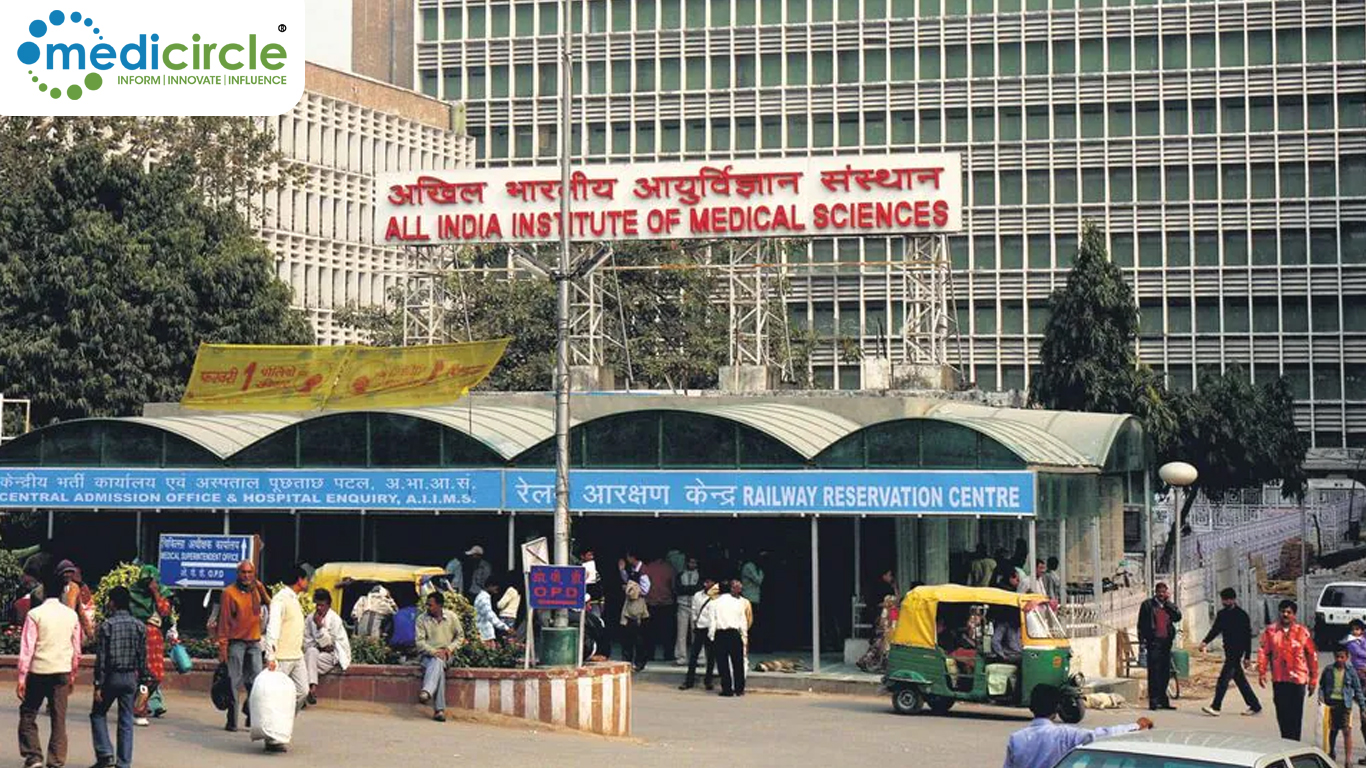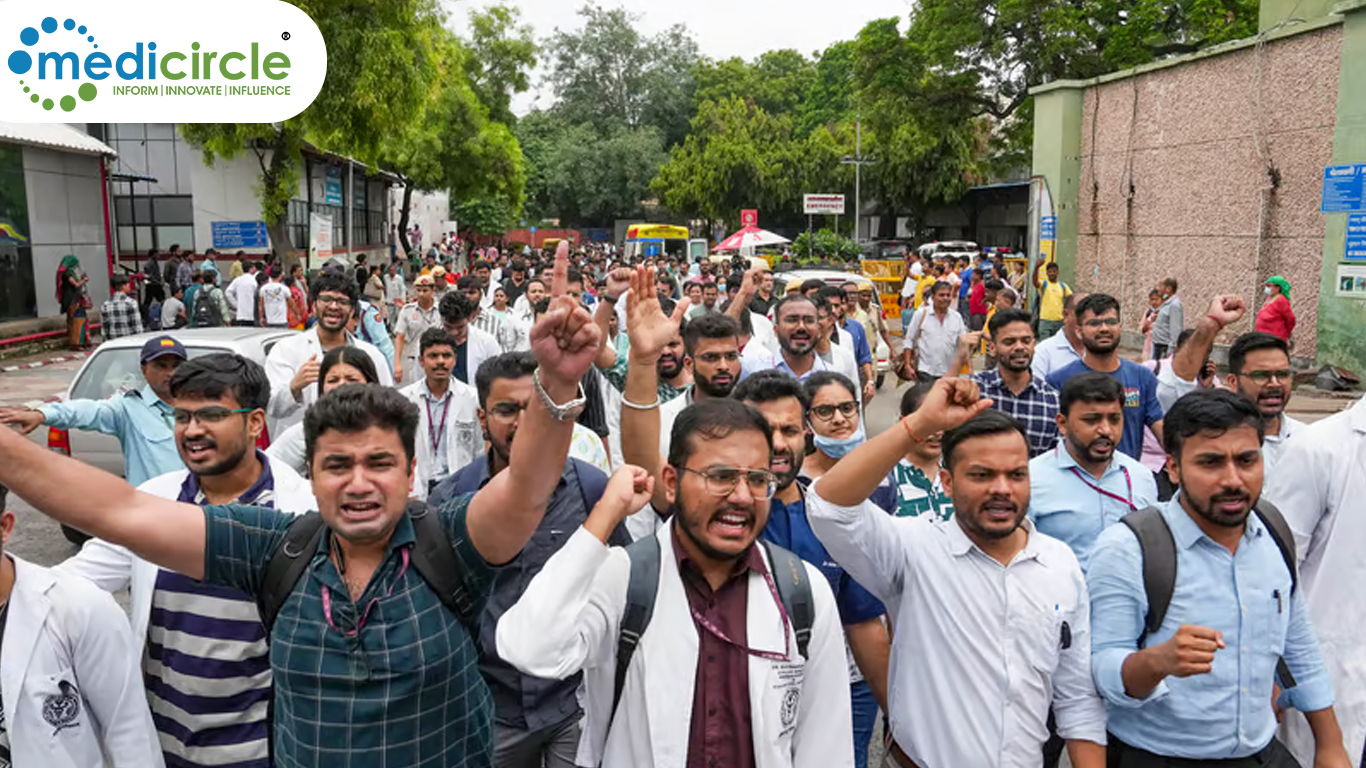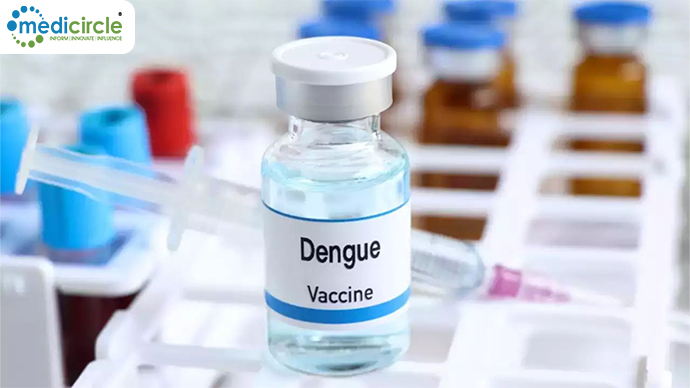Researchers at the University Hospital Bonn (UKB) and the University of Bonn have made a significant discovery about the body's immune defense system. Their study, published in the journal EMBO Molecular Medicine, reveals that platelets, also known as thrombocytes, play a crucial role in enhancing the inflammatory capabilities of monocytes, a type of white blood cell.
Understanding Monocytes and Cytokines
Monocytes are an essential part of the immune system. They produce cytokines, which are inflammatory messengers that help the body respond to infections and injuries. However, the new study shows that when monocytes interact with platelets, their ability to produce these cytokines is significantly increased. This interaction is vital for a strong immune response.
Professor Bernardo Franklin, the senior author of the study and a researcher at the Institute of Innate Immunity at UKB, emphasized the importance of this discovery. “Understanding how monocyte functions are regulated is crucial,” he said. “Abnormal monocyte activity can lead to severe inflammation or even life-threatening cytokine storms, while impaired function can result in ‘immune paralysis,’ increasing susceptibility to infections.”
The Role of Platelets in Immune Response
The research team discovered that when there is a low platelet count, whether due to a rare blood disorder called immune thrombocytopenia (ITP) or artificial removal, it leads to a state of immunoparalysis. This condition is characterized by a disturbed cytokine reaction. However, the researchers found that this condition can be reversed by supplementing monocytes with fresh platelets.
Dr. Ibrahim Hawwari, a postdoctoral fellow and co-first author of the study, explained, “We found that pro-inflammatory signals propagate from platelets to monocytes, maintaining their inflammatory capacity.” The team identified platelet vesicles as key mediators in this communication between cells.
Implications for Treating Immune Disorders
These findings open up new possibilities for developing therapeutic strategies to counteract monocyte immune paralysis in conditions such as ITP and other inflammatory diseases. By understanding the interactions between platelets and monocytes, scientists hope to create better treatments for immune disorders and related diseases.
The study’s results will be featured on the cover of the August edition of EMBO Molecular Medicine, highlighting the significance of this discovery in the field of immunology. The researchers are optimistic that this new understanding of platelet-monocyte interactions will lead to improved treatments for various immune disorders.
How This Discovery Can Help
1. Improving Immune Responses: By understanding how platelets enhance the function of monocytes, we can develop methods to boost the immune response in people with weakened immune systems.
2. New Treatments for Immune Disorders: The research provides a basis for creating new treatments for conditions like immune thrombocytopenia (ITP), where the immune system attacks platelets.
3. Addressing Cytokine Storms: The study could lead to better ways to manage cytokine storms, which are severe inflammatory responses that can be life-threatening.
The researchers plan to continue their work by exploring how these findings can be applied to other areas of medicine. They hope to study the interactions between platelets and other types of immune cells to see if similar mechanisms are at play.
This study has uncovered a new mechanism in the body's immune defense system, highlighting the critical role of platelets in enhancing the inflammatory capabilities of monocytes. This discovery opens up new possibilities for treating immune disorders and improving overall health outcomes.
By better understanding how platelets and monocytes interact, we can develop new strategies to boost the immune system and treat a variety of diseases. This research represents a significant step forward in the field of immunology and offers hope for more effective treatments for immune-related conditions.
For more information on the latest discoveries in health and medicine, continue following Medicircle, your trusted source for health news and insights.
.jpg)
 The study has uncovered a new mechanism in the body's immune defense system, highlighting the critical role of platelets in enhancing the inflammatory capabilities of monocytes.
The study has uncovered a new mechanism in the body's immune defense system, highlighting the critical role of platelets in enhancing the inflammatory capabilities of monocytes.







.png)
.png)
.png)










.jpeg)



















.jpg)
.jpeg)